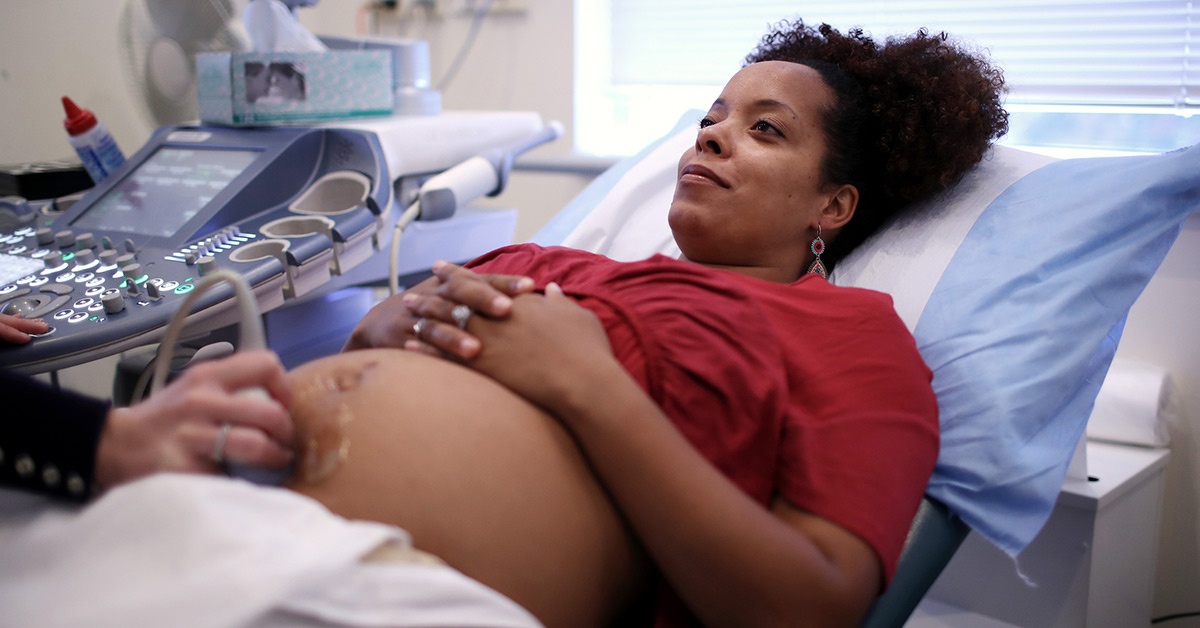In 2019, 1-in-7 infants born to Black women in the U.S. were born before the 37th week of pregnancy, a rate of preterm birth that is 50% higher than the rate for non-Hispanic white and other women of color. This issue, like other long-standing health disparities that disproportionately affect Black Americans, is rooted in racism.

To learn more about how racism affects pregnancy, Jaime Slaughter-Acey, an epidemiologist and assistant professor in the School of Public Health, conducted the first study in the U.S. to investigate how skin tone bias relates to Black women’s birth outcomes. The study was recently published in the journal of Social Science and Medicine.
“Judging people by their skin tone is a form of colorism, which traditionally assigns privilege to people with lighter skin tones and disadvantages those with darker skin tones,” says Slaughter-Acey. “For instance, someone who is light brown could be favored among some people because of their more European appearance. Skin tone may influence Black Americans vulnerability and exposure to racism-related stress and marginalization.“
The study team used data from interviews and medical records of 1,410 Black or African American mothers who gave birth at a delivery hospital located in Metropolitan Detroit, Michigan between 2010 and 2012. The study accounted for the influences of maternal age, education, household income, place of birth, current residents, and other factors to isolate the influence of skin tone and the mother’s year of birth (generation) on preterm birth. Skin tone was assessed through a self-reported survey of mothers participating in the study.
The study found that rates of preterm birth for Black women participating in the study varied by a mother’s year of birth and skin tone. Further:
- Black women with medium to dark brown skin tones were more likely to experience a preterm birth with increasing maternal age as compared to women with light brown complexions.
- For Black women belonging to Generation X (i.e., born 1964-1983; approximately 26-45 years of age at the time of the study), lighter skin tone was associated with lower preterm birth rates, which approximated national preterm birth rates for non-Hispanic white women. Darker complexioned Black Generation X women had double the rate of preterm birth compared to light complexioned women.
- Among Black Millennials (born 1984-1993), women with medium and dark brown — but not light brown — skin tones had the lowest rates of preterm birth.
“Racism, and by extension, colorism and skin tone bias are interlocking systems of oppression that affect Black maternal health,” says Slaughter-Acey. “The findings in the current study illustrate the complexity of race in America. If we are to address the long-standing racial disparities in maternal and infant health outcomes, we must recognize and acknowledge colorism’s existence, its role as a social determinant of health and a source of health inequity.”
Slaughter-Acey is continuing her research by examining how systemic racism affects the health of mothers and babies during and following birth. She says future research on this topic would help to progress efforts to address health disparities resulting from racism.

